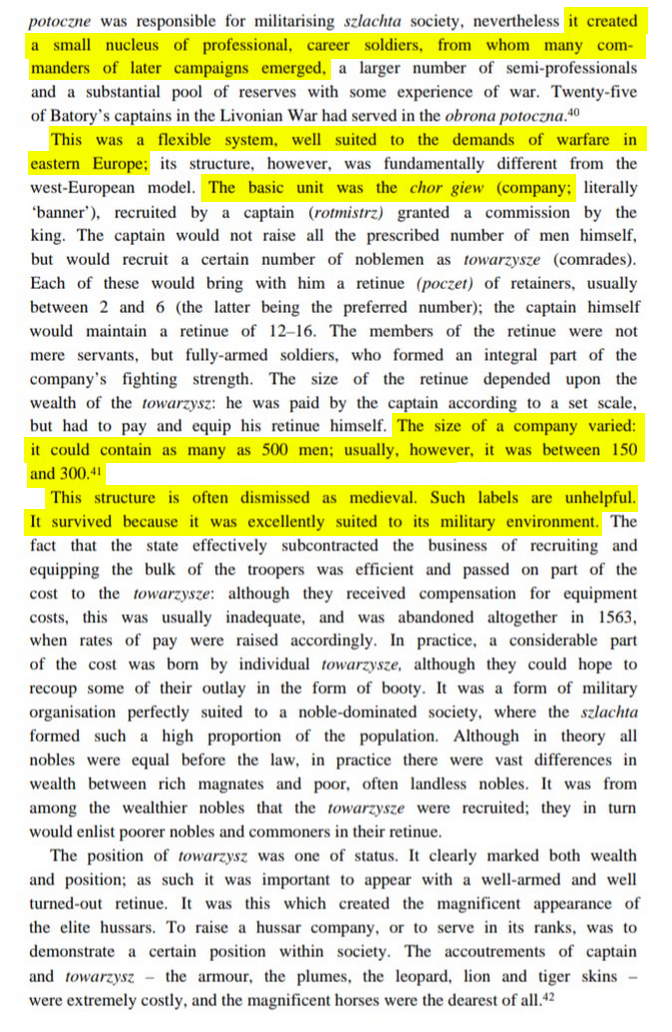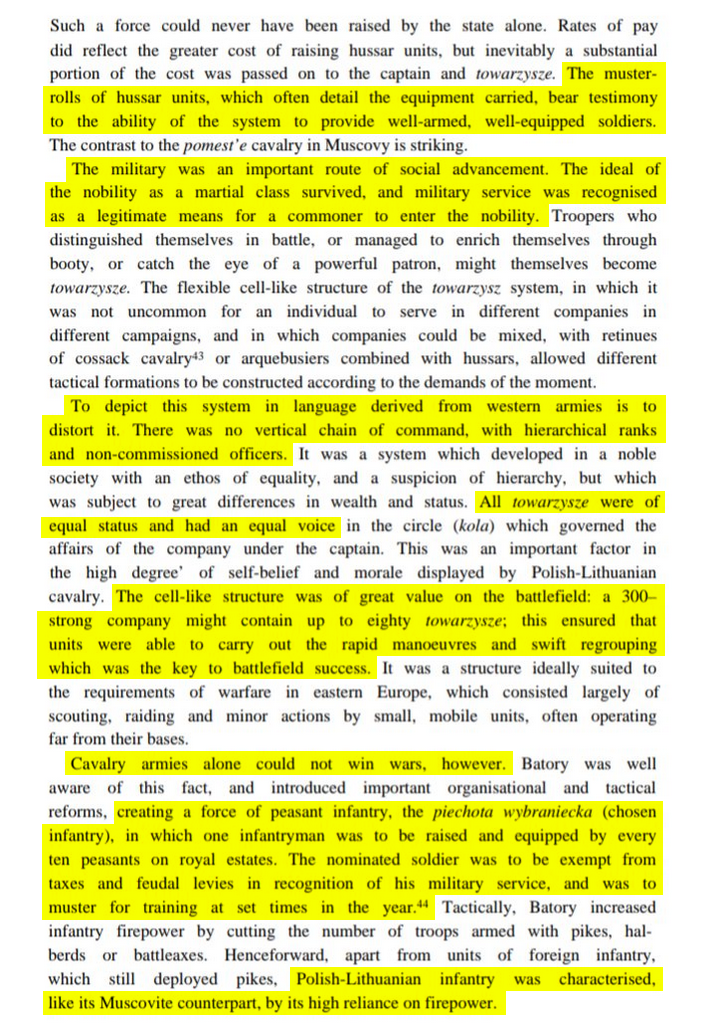fermun posted:
One cool thing about the vikings in America is that there was an exchange of knowledge. The vikings taught the natives to work metal and the natives taught the vikings to make pemmikan. There was also one trine that was resistent against the diseases the europeans brought with them and there’s a theory that it's because of norse genes.
|
|
|
|
|

|
| # ? Apr 29, 2024 02:22 |
Demon_Corsair posted:wouldn’t any serious contact with west Africans spread a lot of the same diseases that Europeans did? I don't think it necessarily would Didn't Europeans live unusually close with their livestock which made them especially germy by old world standards?
|
|
|
|
|
Alhazred posted:One cool thing about the vikings in America is that there was an exchange of knowledge. The vikings taught the natives to work metal and the natives taught the vikings to make pemmikan. I don't think that's true, native americans were using metal well before the vikings visited.
|
|
|
|
sullat posted:I don't think that's true, native americans were using metal well before the vikings visited.
|
|
|
|
Demon_Corsair posted:wouldn’t any serious contact with west Africans spread a lot of the same diseases that Europeans did? without the one two punch of disease + early modern colonialism they would've recovered ps the Chinese treasure ships absolutely made it to South America but didn't leave any traces bc they were just there as tourists
|
|
|
|
War and Pieces posted:ps the Chinese treasure ships absolutely made it to South America but didn't leave any traces bc they were just there as tourists
|
|
|
|
all the treasure ships saw the grand canyon in a big tour group
|
|
|
|
War and Pieces posted:without the one two punch of disease + early modern colonialism they would've recovered They did, but they were sank by the finnish air force on the way home
|
|
|
|
War and Pieces posted:ps the Chinese treasure ships absolutely made it to South America but didn't leave any traces bc they were just there as tourists where are all their south american tchotchkes then hmmm?
|
|
|
|
PittTheElder posted:where are all their south american tchotchkes then hmmm? they didn't bring any home as that would be cultural appropriation
|
|
|
|
PittTheElder posted:where are all their south american tchotchkes then hmmm? Beijing burnt down when they were away so they lost their heavenly mandate and all the records were destroyed.
|
|
|
|

|
|
|
|

|
|
|
|
its so funny that the telling of this was reversed over time and now we treat the vikings as unwashed barbarians
|
|
|
|
didn’t the Byzantines and Arabs consider Vikings disgustingly unhygienic
|
|
|
|
FrancisFukyomama posted:didn’t the Byzantines and Arabs consider Vikings disgustingly unhygienic in the documentary The 13th Warrior,
|
|
|
|
thus began the lasting english aversion against clean water
|
|
|
|
i say swears online posted:in the documentary The 13th Warrior, they all spit in a big bowl!
|
|
|
|
FrancisFukyomama posted:didn’t the Byzantines and Arabs consider Vikings disgustingly unhygienic Ibn Fadlan described them as stunningly beautiful people, but thought they were gross because they kept having open air orgies.
|
|
|
|
PittTheElder posted:Ibn Fadlan described them as stunningly beautiful people, but thought they were gross because they kept having open air orgies. also he said they did a snot rocket into the water they wet their combs with when they were done combing their hair and the next guy would use the same water so they sometimes combed snot into their hair
|
|
|
|
WoodrowSkillson posted:its so funny that the telling of this was reversed over time and now we treat the vikings as unwashed barbarians "They are the filthiest of all God’s creatures. They have no modesty when it comes to defecating or urinating and do not wash themselves when intercourse puts them in a state of ritual impurity. They do not even wash their hands after eating. Indeed, they are like roaming asses. They arrive, moor their boats by the Itil, and build large wooden houses on its banks. They share a house, in groups of ten and twenty, sometimes more, sometimes fewer. Each reclines on a couch.They are accompanied by beautiful female slaves for trade with the merchants. They have intercourse with their female slaves in full view of their companions. Sometimes they gather in a group and do this in front of each other." One wonders what Ibn Faldan would think of the Anglos' hygiene
|
|
|
|
Builds your immune system
|
|
|
|
Nastiest trader you'll ever meet / immaculate loving psychopath
|
|
|
|
I don't think mass raping their slave women was very cool thing to do, tbh.
|
|
|
|
500excf type r posted:Remember in the 1930s when a Roman statue head was unearthed in South or Central America Well obviously that was just from Nova Roma.
|
|
|
|
https://twitter.com/radhistoryguy/status/1776632874474848520?t=FNjWD-7vy29e6bb5C2s0Vg&s=19
|
|
|
|
gradenko_2000 posted:https://twitter.com/radhistoryguy/status/1776632874474848520?t=FNjWD-7vy29e6bb5C2s0Vg&s=19 He could have Seymor Skinnered it by stealing some dead guy's tunic during the crusades
|
|
|
|
Something tells me he would have been sussed out immediately when he didn't know how to do any of the knightly poo poo. Not just combat, but social behavior poo poo you'd have to apprentice at to internalize. FE: actually I seem to remember a case mentioned in the History of Byzantium where a peasant tried to impersonate Baldwin IX of Flanders (the first Latin Emperor) who had died under murky circumstances in the aftermath of the fourth crusade. Dude lasted less than a year before being fingered as an imposter and beheaded.
|
|
|
|
did the Byzantines still have limited social mobility to the end of the empire? soldiers becoming nobles and emperors like with Justinian. I heard the post Latin empire restoration jettisoned a lot of what was left of Roman civil culture along with the bureaucracy being gone
|
|
|
|
PittTheElder posted:Something tells me he would have been sussed out immediately when he didn't know how to do any of the knightly poo poo. Not just combat, but social behavior poo poo you'd have to apprentice at to internalize. The conspiracy of Elizabeth I being replaced by a local village boy only kinda makes sense for the above reasons: she was seen as a quiet and terrified child who was kept out of the actual court due to plagues. In theory the impostor could have had time to learn all the behaviors and such Of course the whole conspiracy is kinda based on Elizabeth being UNLADYLIKE and other gender roles brained stuff
|
|
|
|
PittTheElder posted:Something tells me he would have been sussed out immediately when he didn't know how to do any of the knightly poo poo. Not just combat, but social behavior poo poo you'd have to apprentice at to internalize. That's an impressive record tbh. I probably wouldn't last a day
|
|
|
|
These are treacherous times for bond traders. A couple of months ago, the market consensus was that the US Federal Reserve would cut interest rates six times this year, starting imminently. By Wednesday, however, investors had slashed their expectations so dramatically that many now expect cuts to be delayed to November. Indeed, a slew of higher-than-expected inflation data prompted Lawrence Summers, former Treasury secretary, to warn that the next move might even be up — not down. Cue hand-wringing from those sectors that have boomed amid ultra-low rates. (A fascinating new report from the IMF report suggests that private capital is one). And cue more speculation about whether expectations will change again this year. But as this debate rages, it is worth stepping back for a moment to also think about the long sweep of our financial past. And no, I do not mean “history” as traders usually experience it on a trading screen — namely, the late 20th century — but instead, and more thought-provokingly, the past eight centuries. A trio of economists — Kenneth Rogoff, Barbara Rossi and Paul Schmelzing — have been amassing global data on interest rates and inflation since 1311, five decades after Venice started to issue so-called “consols”, arguably the first example of long-term sovereign debt. Their conclusions were released in preliminary form almost two years ago. But they have now been updated with new historical information, underscoring two fascinating points. First, you cannot understand the political economy simply by looking at short-term rates, as most previous analyses have tended to do. To be fair, historians hitherto adopted this focus because historical data on short-term rates was more readily available, and 20th-century central bankers wanted to determine the so-called “natural” rate against which to set short-term policy rates. However, Rogoff et al argue that while the patterns in short-term rates are noisy, if you look at long-term real rates (that is, nominal rates adjusted for inflation) there is a clear and striking trend. These have been steadily sinking over the centuries. They calculate this decline equates to almost 2 basis points a year, on average, since 1311. The chart is certainly not smooth. Two big inflection points occurred during the 14th-century Black Death pandemic, and then the European “Trinity” financial crisis of 1557. There were smaller inflections in 1914 and 1981. But what is more striking than these inflections is how rare they are. While long-term rates have often moved in response to recessions, defaults, financial shocks and so on, they almost always revert to trend after a decade or two. As the economist Maurice Obstfeld has pointed out, the result is that they look like mere “blips” from a long-term historical point of view. To put it another way, modernity triggered an inexorable decline in the long-term price of money, and was doing this well before we started to fret about ultra-low rates in the 21st century. Why? Previously economists have blamed this on issues such as productivity, demographics and capital flows. Ben Bernanke, former Fed governor, famously pointed to a savings glut in China and elsewhere, while Summers worries about an era of secular stagnation. However, even more interesting (and counter-intuitive) is Rogoff et al’s failure to find a statistical correlation between real rates and fundamental economic trends. That might reflect the limitations of their data, but the trio offer another explanation. The real reason, they say, for falling borrowing costs is not economic shifts, but an issue economists often ignore — the nature of finance. A combination of modern capital markets, risk analysis and innovation around using collateral to back loans has made money more efficient. Proving this is hard, but the idea rings true to me. Call this the “against the gods” effect, to cite Peter Bernstein’s seminal book of the same name. A key distinction between modern and premodern societies is that innovations ranging from double-entry book keeping to computers have left us believing that we can predict, manage and price future risks, without relying on gods, as our ancestors did. In reality, this confidence is all too often misplaced. But justified or not, the cultural shift that accompanied it has made money more abundant and fluid, thus cutting its cost. This is good news. But it also raises two further questions. Will this downward trend ever end? And what does it mean for current rates? On the first point, the answer rests on your level of imagination. It is hard to believe the trend will continue much further, but it is also difficult to discount future technological advances. Artificial intelligence, say, could increase monetary efficiency. On the second point, however, the implications are clearer. Adopting an eight-century timeframe suggests that the ultra-low rates we saw in the early 21st century were a slightly excessive deviation from the trend. It should thus be no surprise that long-term rates have corrected upwards, particularly given that the short-term “natural” rate has probably risen. But this long sweep also indicates that what is happening now is not remotely unusual. Just don’t tell that to the bond traders who are feeling bruised by recent events.
|
|
|
|
I think by the rules of the history thread this should go herecode:quote:Poland-Lithuania is often caricatured as a backwards, feudal relic in early modern Europe, but this was far from the case. Its army was professional and highly adapted to the circumstances in which it was used, and its supposedly medieval features made it more, not less effective     the source is reportedly "The Northern Wars", by Robert Frost
|
|
|
|
I'm no expert in early modern military science but I don't think they really needed those tiger skins to fight well. Again, professing my ignorance, but perhaps a system where cavalry troopers have one and only one direct superior, so if said superior dies they have none but the head of their company to direct them, has some disadvantages.
|
|
|
|
Text literally said all towarzysze were equally their direct superiors and there were up to 80 in a 300 person company
|
|
|
|
The swag is just there to get wanna be chads to enlist in the calvery
|
|
|
|
Cup Runneth Over posted:Text literally said all towarzysze were equally their direct superiors and there were up to 80 in a 300 person company Do you mean the part about having an equal voice in the circle? Because that is a different thing. It then goes on to talk about the cellular structure of a company, which I take to mean each towarzysze and their retinue is a cell.
|
|
|
|
The poet Robert Frost?
|
|
|
|
DJJIB-DJDCT posted:The poet Robert Frost? quote:Robert I. Frost FBA (born 1958) is a British historian and academic.[1] His interests are in the history of Eastern and Northern Europe of 14th to the 19th centuries, with primary focus on Poland–Lithuania and the history of warfare of the period.[2]
|
|
|
|

|
| # ? Apr 29, 2024 02:22 |
|
Weka posted:Do you mean the part about having an equal voice in the circle? Because that is a different thing. It then goes on to talk about the cellular structure of a company, which I take to mean each towarzysze and their retinue is a cell. I don't see how it's much different from the modern Squad Leader military position. If your SL dies, you'll probably take orders from the next closest SL until you return to base. I imagine it worked the same way; the idea that you would have to rely on your company commander for orders when there's 79 other people of equal rank to your towarzysze around is silly.
|
|
|



















 Yes, it's like a lava lamp.
Yes, it's like a lava lamp.

















